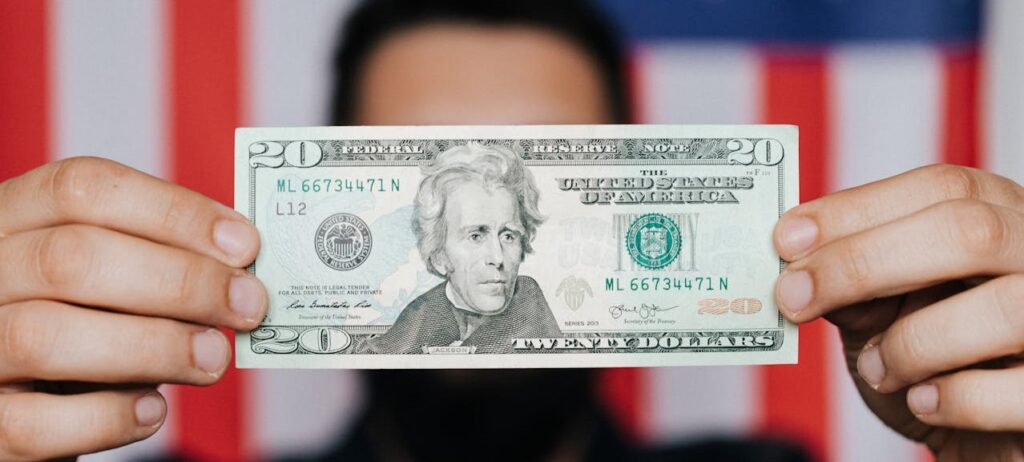By Julia Sutherlin // SWNS
NEWS COPY W/ VIDEO + INFOGRAPHIC
Almost half of Americans don’t know what a 401(k) is, according to a recent poll.
A national survey of 2,000 Americans, evenly split by generation, revealed that 43% of respondents don’t know what a 401(k) is. The survey examined Americans’ financial literacy, commitment to learning and adopting healthy money habits, and feelings regarding their bank accounts and financial futures.
The results revealed a significant lack of confidence among respondents regarding their financial literacy, with only 30% believing they could win a game of personal finance trivia.
And over a third (35%) don’t know what “interest” is in a financial context.
The study, commissioned by Beyond Finance for Financial Practice Week and conducted by OnePoll, revealed that despite these startling knowledge gaps, only two in five respondents (39%) consider themselves more financially literate than others.
Four in 10 Americans (39%) admit they procrastinate when implementing healthy financial habits. Gen Z are most likely to procrastinate (49%) while baby boomers are least likely to procrastinate (22%).
The top reasons respondents cited for postponing personal finance tasks include stress (25%), feeling their financial health is already poor and can’t get any worse (16%) and forgetfulness (13%).
“Unfortunately, avoiding looking at your finances and making healthy changes is incredibly common,” said Dr. Erika Rasure, chief financial wellness advisor of Beyond Finance, which can be overwhelming. Some people tend to neglect taking stock of their financial situation, and others can become nervously consumed by it. There’s a middle ground to take when improving your financial health — learn healthy money habits, pay attention and make small, achievable adjustments to your spending and habits.”
The study revealed the average American typically checks their banking app twice daily. Exactly half of respondents say they feel nervous when opening their banking portal, with Gen Z feeling most uncomfortable (65%).
In comparison, baby boomers feel the most calm (26%) and over a quarter of all respondents avoid signing into their banking apps on a daily basis, at all (26%).
Regarding budgeting habits, eight in ten respondents try to hold themselves accountable to a monthly budget with millennials and baby boomers tying for the best-laid financial plans (81%).
Of those who create a monthly budget, respondents only stick to it 66% of the time on average, with baby boomers exhibiting the highest accountability (76%) and Gen Z deviating the most from their budgets (58%).
For those trying to save money, the most popular strategies include buying on-sale items (53%), using coupons and discount codes (47%), limiting spending on clothing (45%) and shopping at discount stores (42%).
However, a considerable portion of respondents resort to more drastic measures to save money, such as infrequent social outings to bars and restaurants (39%), limited travel or not traveling at all (36%), rarely or never buying coffee at coffee shops (35%) and rarely or never buying gifts (32%).
Notably, 33% of respondents said they never take vacations.
Finances also influence relationships: Nearly four in ten (39%) reported that their or their partner’s unhealthy spending habits have negatively affected their relationship.
A majority of those in relationships (63%) agreed that learning about personal finance as a couple would increase their chances of improving money habits successfully in the future.
“The first step in a happier financial future is education,” said Dr. Rasure. “The more you know about money and personal finances, the more equipped you’ll be to make better decisions and create a plan to meet your goals. That’s why Financial Practice Week is important. We want to encourage people to learn the money habits and practices they’ve been putting off so they can make progress toward a more stable, optimistic future.”
Survey methodology:
This random double-opt-in survey of U.S. adults split evenly by generation (500 Gen Z, 500 millennials, 500 Gen X, and 500 baby boomers) was commissioned by Beyond Finance between Feb. 16 and Feb. 22, 2024. It was conducted by market research company OnePoll, whose team members are Market Research Society members and have corporate membership to the American Association for Public Opinion Research (AAPOR) and the European Society for Opinion and Marketing Research (ESOMAR).
